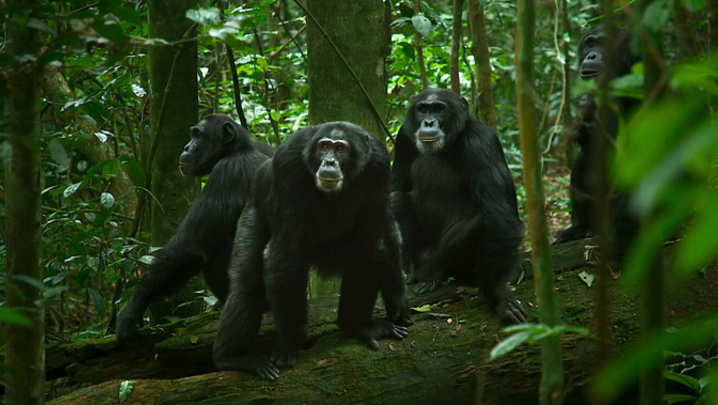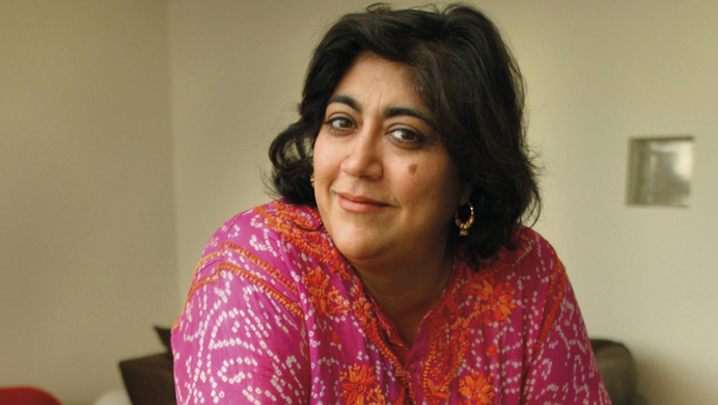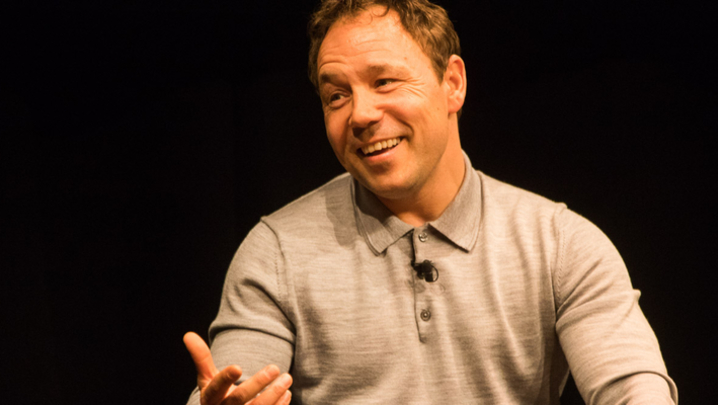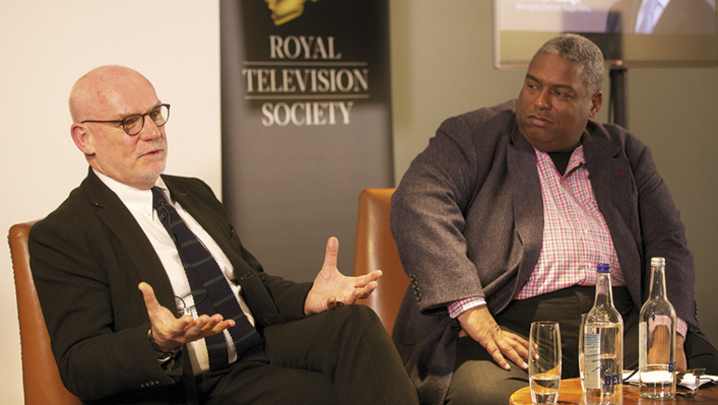Channel 4 series To Catch a Copper asks hard questions about police corruption. Seraphina Allard-Bridge reports
When director Ashley Francis-Roy and his team set out to make To Catch a Copper, no one could have predicted what the finished series would look like, nor the cases that would emerge in Avon and Somerset Police’s Counter-Corruption Unit.
“We started with a huge amount of openness,” said Francis-Roy, following an RTS screening of episode 2 in Bristol, the city where many of the incidents in the three-part series took place.
“The context was very different when we started in 2020. Line of Duty was a huge hit on television; George Floyd had been murdered; but there wasn’t the same intense scrutiny of policing that there is now and has been in the past couple of years.”
One huge development since filming began was that, in June last year, Chief Constable Sarah Crew admitted that she believed her force to be institutionally racist. Now that this series, which was made by Story Films, is out on Channel 4, Crew hopes it can provoke further discussion within the organisation.
“I will always open the doors as wide as I can,” Crew assured the audience at the Everyman Bristol, speaking about her willingness to open the police up to scrutiny. “The films present back to me my organisation in a way that I haven’t seen it before – and me, in a way I haven’t seen myself before…. It gives a picture of institutional racism.”
Fellow police officers joined Crew on the panel and in the audience, as well as community leaders from Bristol.
“I was taken aback by what I saw,” said Commander Mark Runacres of Bristol Police, who was shocked to see how the issues were dealt with within his own force.
Desmond Brown, Chair of Avon and Somerset Police’s Lammy Group and advocate for racial justice, added that he felt, “appalled, angry, but, unfortunately, not surprised”.
“These have been things in UK policing for as long as I’ve been alive and they don’t seem to be going anywhere.”
The series was difficult to make. “One of the big experiences we had making this was that these incidents happened, and you would see [that] the response in the community… was a million miles away from… the police response,” explained Francis-Roy.
“Victims get incredibly dissatisfied and lose faith in the system. Charlotte, Reon’s mum [from episode 2], was unable to make a complaint in the end because she… knew it was a pointless exercise.”
It is hard to watch the show without wondering how these issues are going to be solved. When asked by the event host, the historian and broadcaster David Olusoga, every member of the panel agreed that the systems in place are unfit for purpose.
“The IOPC [Independent Office for Police Conduct] is the one that really … sticks in my throat, actually,” said Bristol City Councillor and Deputy Mayor Asher Craig. “They are marking their own homework. … Who polices them? Who scrutinises them?”
Could a series like To Catch a Copper have a real impact?
“A film like this is so important, because you can’t deny that the facts are there,” said Brown, who encouraged members of the community to get involved. “This is fertile ground to get things changed, but if we’re not going to take part, we won’t get the police force that we want or deserve.”
“What am I going to do?” Crew asked, prompted by a question from the audience. “I’m going to let cameras in, I’m going to let people see and I’m going to start a debate about change, and I think, with the help of the film-makers, we’ve started to do that.”
The Channel 4/ RTS West of England event was held at the Everyman Bristol on 5 February.






